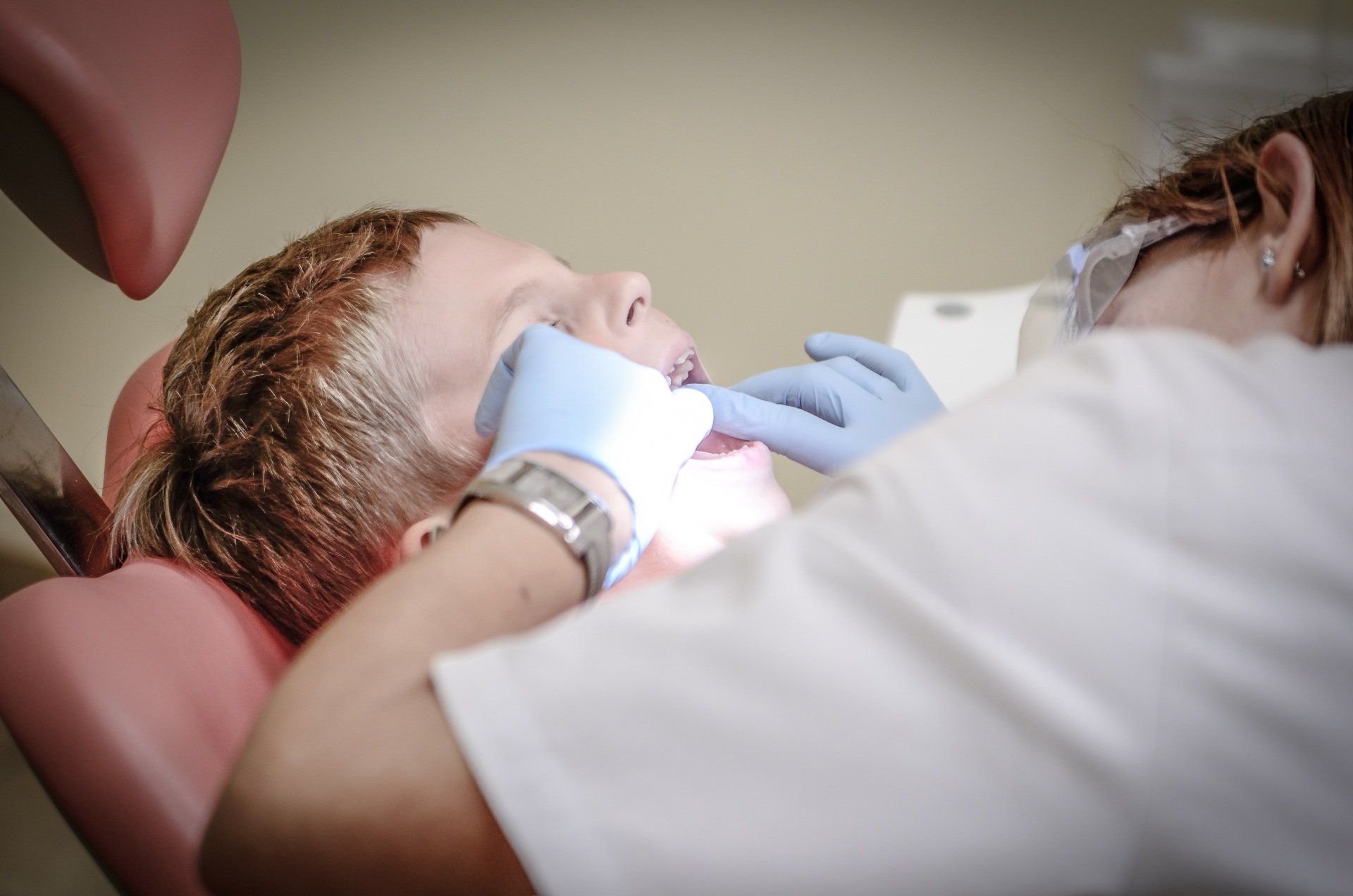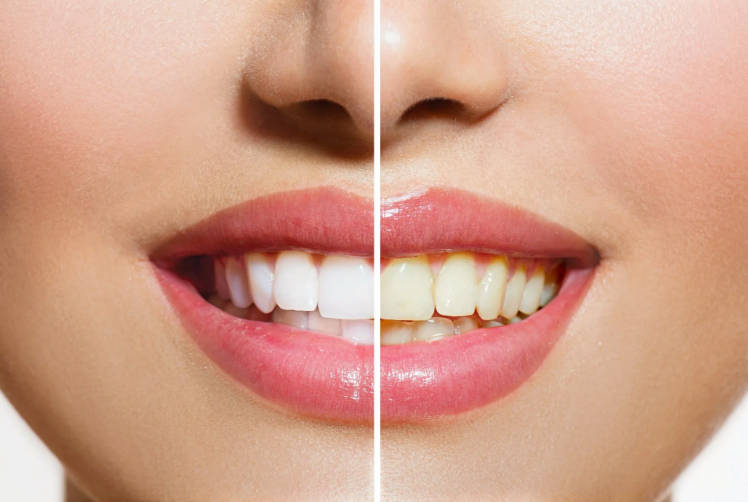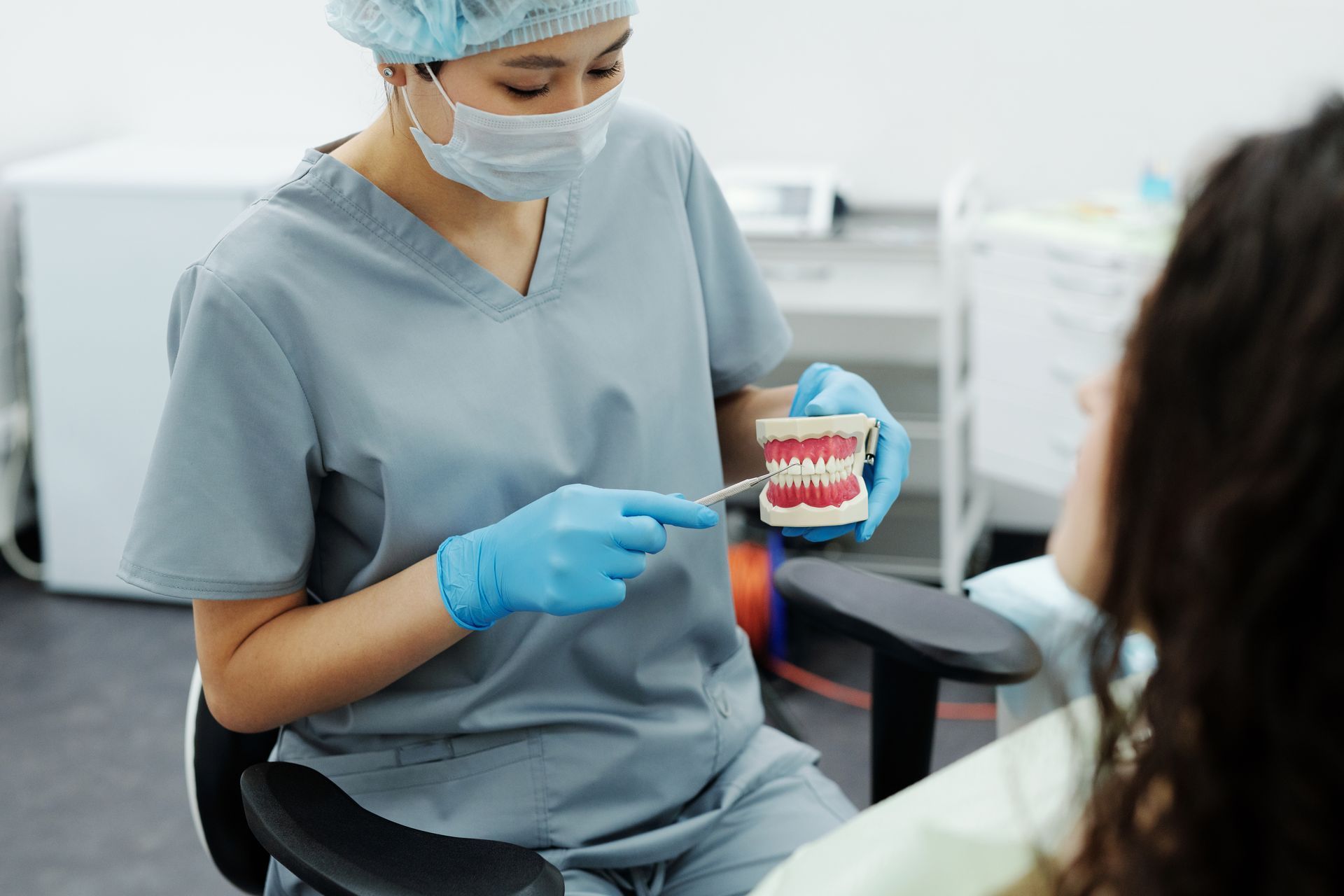10 reasons for tooth decay

Dental decay is a bacterial disease of the tooth which leads to the demineralization of the inorganic structure of the tooth and the destruction of the organic part. Dental decay starts from the outermost layer of the tooth, enamel, and if left untreated, will progress to involve the deeper layers, eventually reaching the pulp, which is the core of the tooth.
So, what exactly causes dental decay? Knowing the reason behind dental decay empowers you to make choices that are better for your oral and overall health. Without any further adieu, let's get started.
Improper brushing
Brushing every surface of your teeth is important to ensure they are devoid of any food debris and plaque. Use a soft-bristled nylon toothbrush and fluoridated toothpaste for best results. Remember to brush twice a day, once before bed and after waking up.
Not flossing
A toothbrush cannot provide proper access to the areas between the teeth. These areas become a haven for bacterial build-up. Therefore, it is vital to floss every day to ensure the space between your teeth is cleaned.
Not rinsing properly
Rinsing after every meal helps you eliminate any accumulated food debris, which further lowers your chances of developing dental cavities.
High sugar intake
Sticky foods such as candies, a high intake of sugary foods, and an intake of processed and carbohydrate-rich foods increase your chance of developing dental cavities. These reside on the tooth surface for a long time and provide energy to the disease-causing bacteria. The bacteria will metabolize these sugars and release toxic and acidic by-products, which will lead to the formation of dental cavities.
High consumption of acidic foods and liquids
Excessive consumption of acidic beverages, such as soft drinks, colas, wines, coffee, etc., will degrade the enamel and weaken it. This makes your teeth more susceptible to bacterial attack and thus increases the likelihood of dental cavities.
Teeth grinding
Teeth grinding and jaw clenching medically termed Bruxism weakens the structural integrity of the teeth. They also lead to the development of tiny cracks and expose the inner layer of the tooth to the oral environment leading to a high risk of dental cavities.
Dry mouth
Dry mouth or Xerostomia is a condition that leads to less production of saliva. Saliva lubricates the mouth and helps wash away debris and bacteria. Saliva also contains important enzymes which fight against bacterial attacks. Lack of saliva will predispose an individual to dental cavities. A dry mouth can be a symptom of systemic diseases such as diabetes or a side effect of certain medications.
Lack of fluoride
Fluoride strengthens the teeth and makes them resistant to dental cavities. Lack or absence of fluoride will lead to higher incidences of dental cavities.
Smoking and alcohol
Smoking and alcohol consumption also weakens the teeth and can contribute to dental decay, gum diseases, and oral cancer.
Genetics
Your likelihood of developing dental cavities can also be genetically coded. Some people are naturally at a higher risk of developing cavities. In such cases, proper and timely preventive treatments at Vernon Hill, IL, become essential.
If you have any more questions or would like to learn more about the prevention of dental decay, please schedule an appointment with us at Goduco Smiles at Vernon Hills, IL, today. Our team of excellent oral health professionals is here to assist you.










